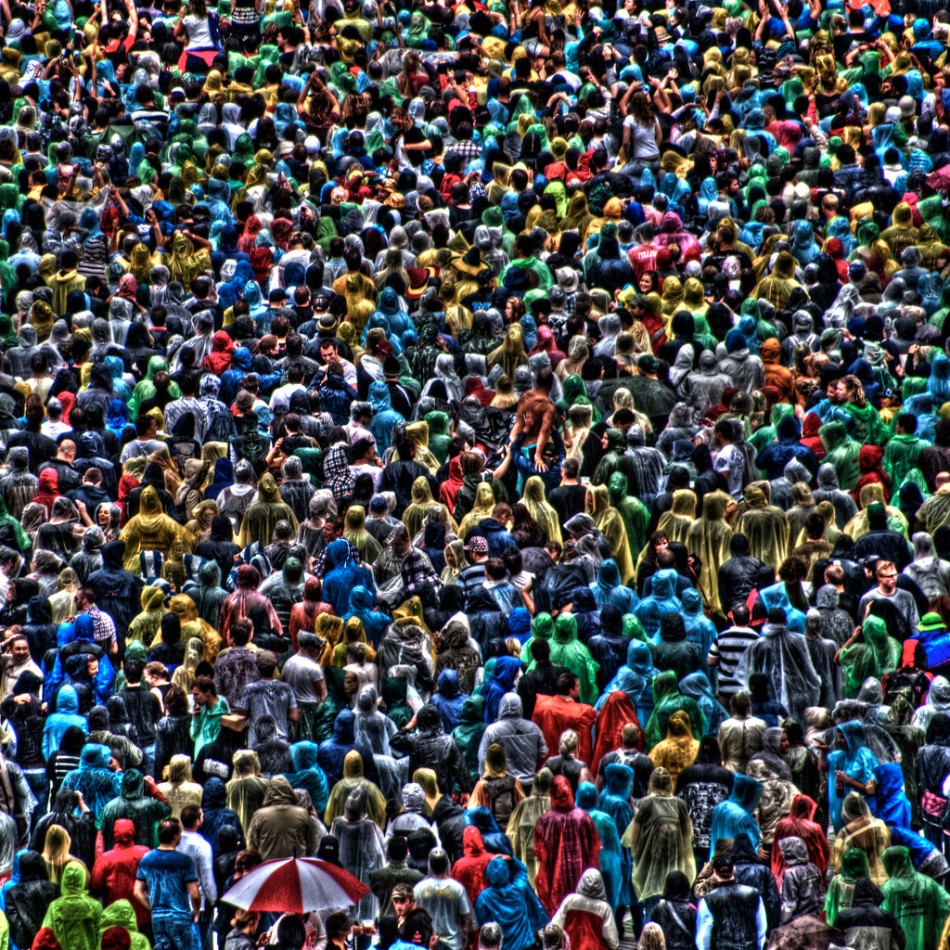
A Natural Predicament, Sustainability in the 21st Century
Two of the most prominent aspects of human nature are the survival instinct and the impulse to make life a little easier (i.e. less labor intensive, less time consuming, or more efficient). Tracking the great arc of human history, it is evident that these two impulses have been at work constantly in our lives, driving us to eke out a living against all odds in lean times, and precipitating great leaps in the development of technology and social organization when conditions are favorable.
But there are times when our ambition to improve our livelihood in the short term undermines our ability to survive in the long term. In other words, we have a tendency to get greedy. This list of collapsed societies confirms that the drive for wealth and comfort can end in ecological ruin. The history of the Maya, Greenland Norse, Easter Islanders, and the Romans are instructive on this point. Basically, these societies owe their demise to a classic ecological concept called overshoot. They extracted too much from their environments too fast, and they were left with too many hungry mouths to feed when Mother Nature had nothing left to give. Both the hyper-exploitation of natural resources and the subjugation of other humans undermine the long-term survivability of any society. And both stem directly from our innate desire to live lives of luxury and comfort.
So I think this is our natural predicament as humans: in tough times we start out by surviving any way we can, and then, as some semblance of stability is achieved, we reach out for more in an attempt to become more comfortable. This pursuit eventually reaches a point of diminishing returns, usually rather quickly, and Mother Nature (or hoards of hungry peasants) slap us down to repeat the cycle. And it’s pretty clear where we are in the cycle now – overshoot.
But there’s no need to panic, we can take comfort in knowing that there is plenty of precedent in the story of life on the planet. Ours is a most natural predicament. Indeed, it connects us with every other species on the planet, which thrives and proliferates when their habitats are conducive, and then starve and die off when ecological overshoot is reached, thus maintaining the balance and health of the ecosystem. When considered within this larger context, our so-called ‘environmental problems’ do not represent a sustainability crisis at all — life on earth will continue to thrive and evolve, with or without 7 billion of us running around. All we are left with is one, rather weighty choice: Do we hang on to our precious ‘lifestyles’ until the bitter end, passing the buck to future generations and multiplying their misery in the process, or do we take responsibility for the challenges before us and avert that ugly fate.
